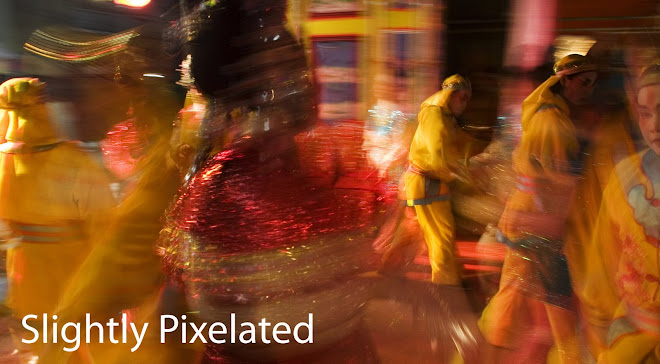Political systems are dynamic. They are the sum of an ever-evolving, continually interactive relationship between social, political, cultural and historic forces.
In
The genesis of modern Thai politics can be traced to 1932 when a military-civilian coup replaced absolute monarchy with the nominal structures of constitutional democracy.
In the ensuing decades
Meanwhile Thai society has undergone massive change. Strained by the alienation of urban-industrial development, traditional relationships have been transformed. Values and expectations have shifted. One of the hallmarks of
These socio-cultural changes and the economic inequality engendered by the boom of the nineties lie at the heart of the nation’s current political malaise.
While power may have nominally passed from palace to parliament in 1932, the legitimacy and prestige of
Indeed, the legitimacy and power of
Traditional power has, till now, co-existed with the modern infrastructure of democracy. And this despite obvious contradictions between the Western ethos of democracy, which places theoretic emphasis on the equality of all, and Thailand's traditional power structures which revolve around centralised and hierarchic authority.
The simplest expression of traditional political power in
In Western democratic terms, patron client relationships are 'corrupt'. They do not abide by the encoded rules of an impartial system. They are, instead, determined by the arbitrary ability of a patron to purchase the loyalty of his 'clients' through the distribution of favours, privilege and largess.
In the context of Thai democracy this ‘corrupt’, or more precisely 'traditional', form of politics can function as long as patronage flows from one unchallenged source and for as long as such patronage is able to satisfy the aspirations and expectations of its recipient 'clients'. Like any successful political system it relies on a degree of stability and acquiescence.
In recent years, however, a number of factors have emerged to challenge the stability of
The first could be described as the growing competition between the traditional bureaucratic, aristocratic and military elite and the emergent power of
The tension surrounding this struggle for control of the 'centre' of
The King has been a vital anchor of continuity and stability for
While there is a pervasive sense of unease about a future without King Bhumipol and with conflict already visible among
Rather like the businessmen who sought to transform their wealth into political capital,
This dynamic is being driven by a change in what ordinary people expect of the State, by a heightened understanding of constitutional and democratic rights and by a sense of disillusionment with successive governments that have paid scant attention to the needs of
Through his populism, Thaksin Shinawatra took the first step towards allying the central power of the State with the interests of the rural majority. On the face of it, this looked like a positive democratic development.
The reality, however, was that Thaksin did not represent the advent of a more democratic regime but rather the cementing of an alliance of convenience between a rural majority seeking greater influence over central government and a business elite seeking the means to wrest control from what it has labelled as the traditional ‘bureaucratic polity’.
Thakin used his popular mandate to impose a decidedly illiberal style of democratic rule which aimed to stifle debate, neutralise opposition and consolidate control of the independent institutions designed to provide checks and balances to executive power. These excesses were often overlooked or ignored by a majority who saw Thaksin as their 'champion'. At last a leader who was prepared to share some of the State's wealth with the rural poor.
Today, Thailand's political crisis remains in suspended animation. The currents of conflict continue to churn beneath the surface.
To ensure stability, the political establishment needs to recognise the huge socio-cultural and economic changes that have taken place in recent decades and accommodate them in a corresponding adjustment in the balance of power.
Political change can be wrought through upheaval on the streets or through constructive dialogue between players on both sides of the divide. The imperative now is to recognise that change is inevitable and that it is in the interests of all to ensure that the energy and passion being expressed in the political arena today can be channelled into a process that moves the nation forward peacefully and inclusively into the future.

